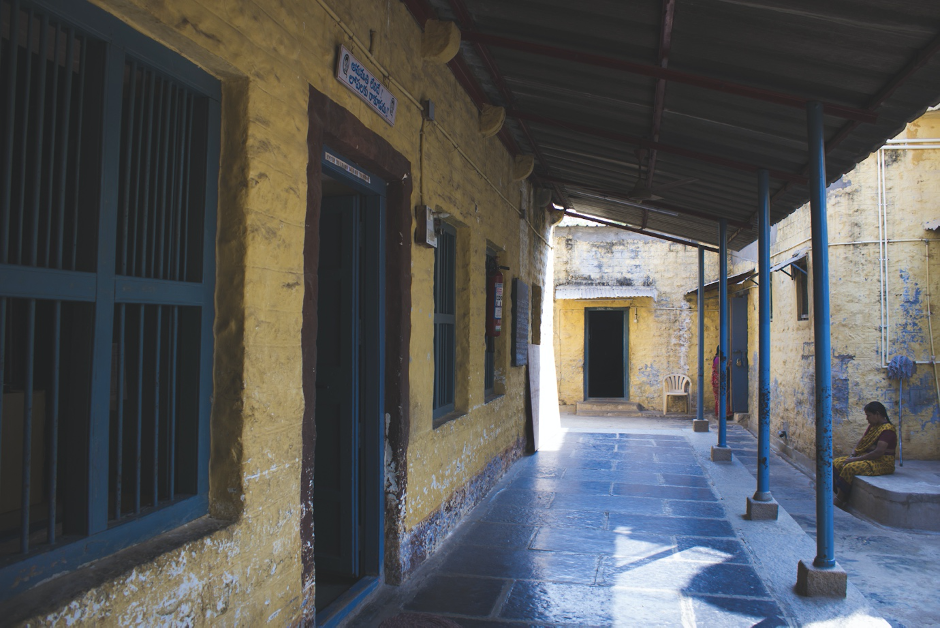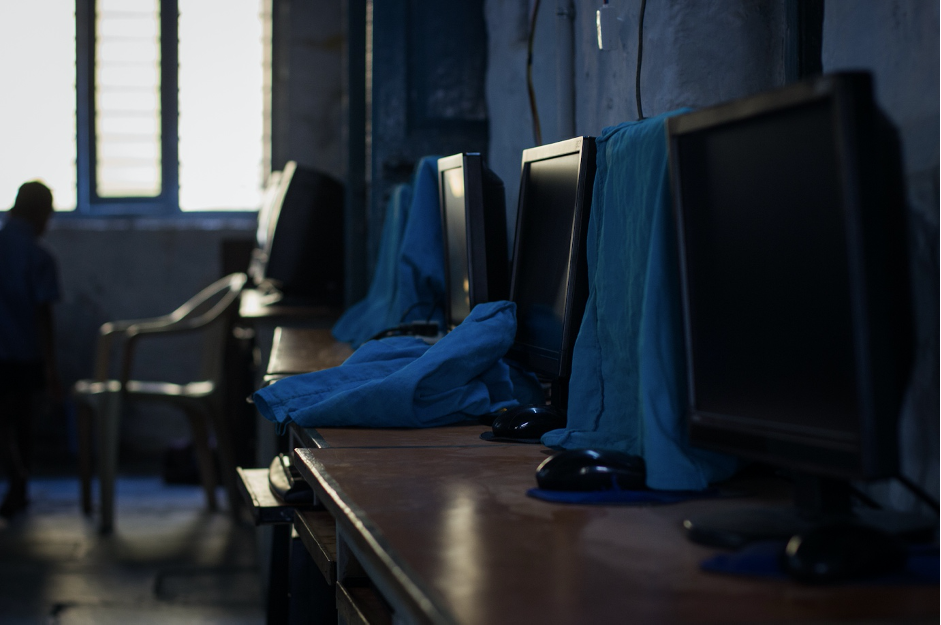
Introducing Rural Reset
The world looks a little different than it did 4 months ago. The COVID-19 crisis has entirely uprooted many of the basic economic, political and social structures of society. Some systems no longer work in this “new normal.”Others weren’t working before, with the crisis shedding a new light on their inadequacies. And yet, now more than any time in recent memory, we are presented with an opportunity to think about change. At this singular moment, we find it more important than ever to adopt a long-term mindset to the issues and challenges facing the people of rural India. With that in mind, we are launching the Rural Reset initiative.
The next three months will be spent reflecting on and advocating for solutions that will drive transformation in the areas we find most crucial to building the future of rural India: Education, Gender and Livelihoods. We encourage fellow NGOs, government leaders and private sector partners to join us in this time of resetting and rebuilding. Together, we hope to build a stronger and more equitable future for rural communities across India.
This month, we set out with a focus on the future of rural education.
The Future of Rural Education

The past two decades have ushered in a new era in rural Indian education. In 2001, approximately 25% of all rural 18-year-olds attended schools, the majority having previously dropped out. By 2018, that same share had risen to over 70% of rural 18-year-olds. Education has never been so widely available for children and families living in rural areas.
Unfortunately access to education has not translated to quality. According to the 2018 Annual Status of Education (ASER) report, more than 50% of students in 5th standard classes at rural schools cannot read a second standard textbook and cannot solve basic mathematical questions. While more rural students are attending school than ever before, their educational attainment is limited by a lack of broad investment across the sector.
Nowhere is the rural-urban divide more evident than in the education sector, where rural students struggle with larger class sizes, fewer teachers and worse infrastructure than their urban counterparts. 65% of India’s families currently live in rural areas. Investing in the future of India means investing in ALL of its children, not only those born into privilege. Opportunity should not be limited to those with the means to seize it.
Below we briefly introduce two ideas that we believe have the potential to transform rural education, and rural India in response. Check out our LinkedIn page every Wednesday, where each idea will be evaluated in-depth in a standalone blog article.
Rural Edutech: Partnerships for Progress

While technology already played a large role in our daily lives pre-COVID, the pandemic has accelerated the entry of technology into many sectors, and education in particular. Practically overnight, digital technologies moved from a supplementary classroom aid to the forum through which the entirety of instruction is performed in many areas. Rural India lags severely behind urban areas in broadband Internet availability and the penetration of Internet-enabled technologies as a result. When it comes to education, this lag threatens to blow open the gap between rural and urban areas.
When thinking about investment in rural areas, many traditional government funding schemes have been proposed to expand access to both broadband and thus edtech. However, partnerships with IT companies and other businesses also have the potential to uproot edtech in India. These businesses have the ability to bring millions of children into the formal employment sector and through their investment they expand their talent recruitment pool for future employees. When it comes to rural edtech, private-sector partnerships might just be a pathway to progress.
Developing Well-Rounded Leaders of the Future

The job market in 2020 looks very different than it did 10 or 20 years ago. It is no longer enough for candidates to have merely completed their education in a given subject. Recruiters now look for job applicants who demonstrate applicable professional skills and have the social and emotional intelligence to thrive in a given workplace. However because of their schools’ sole focus on math and literacy education, many students in rural areas don’t have the opportunity to develop the technical and soft skills required for future success.
In order to create well-rounded students that are prepared to rise to the challenges that this current moment presents, schools need to move beyond the traditional academic subjects taught to students. While math, science and reading/writing will always be important, a curriculum that includes only those subjects leaves little room for the development of capabilities that will be relevant outside of the classroom. Rural schools need to develop a curriculum that integrates cultural, interpersonal and technical understanding into their existing coursework. The only way to build the future leaders of tomorrow is to start today.
A Way Forward
Building a stronger education system for rural India will require more than business-as-usual. The above innovations alone will not fix the many problems at root in the rural education systems around the country. However, by starting to think about big, long-term solutions, we start to chart a new course for the millions of children in those systems. A brighter educational future for India is within our reach.



